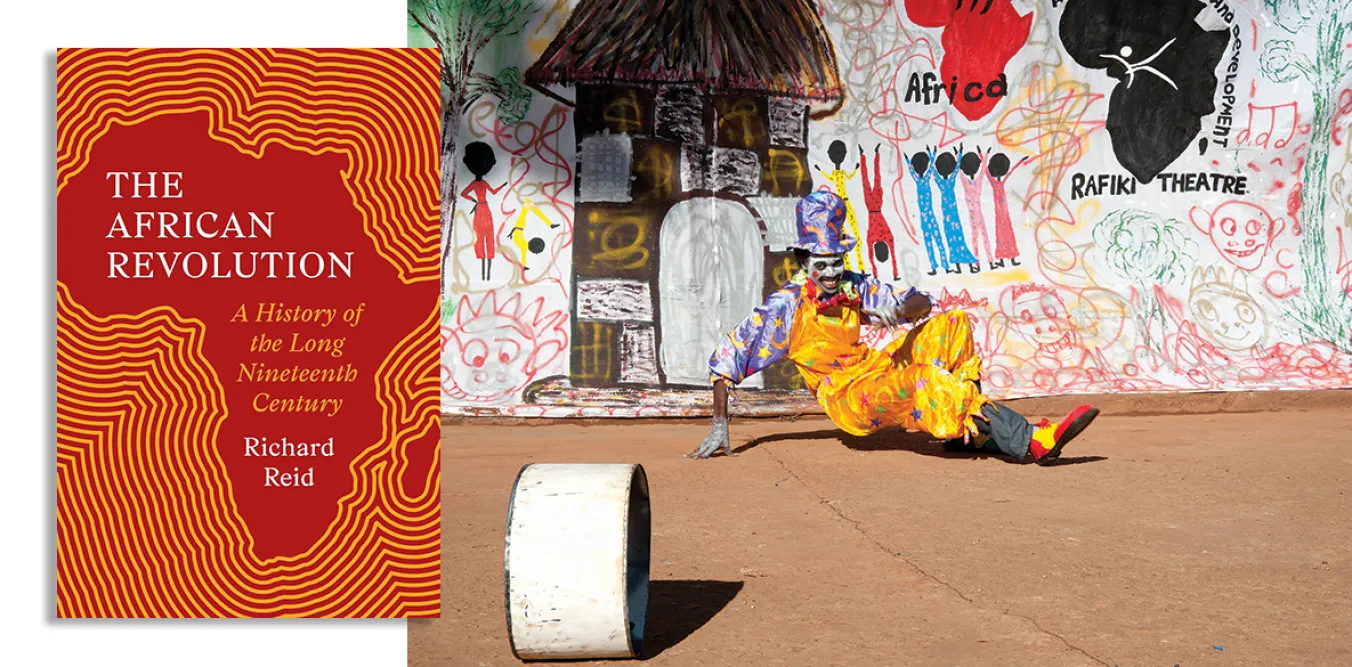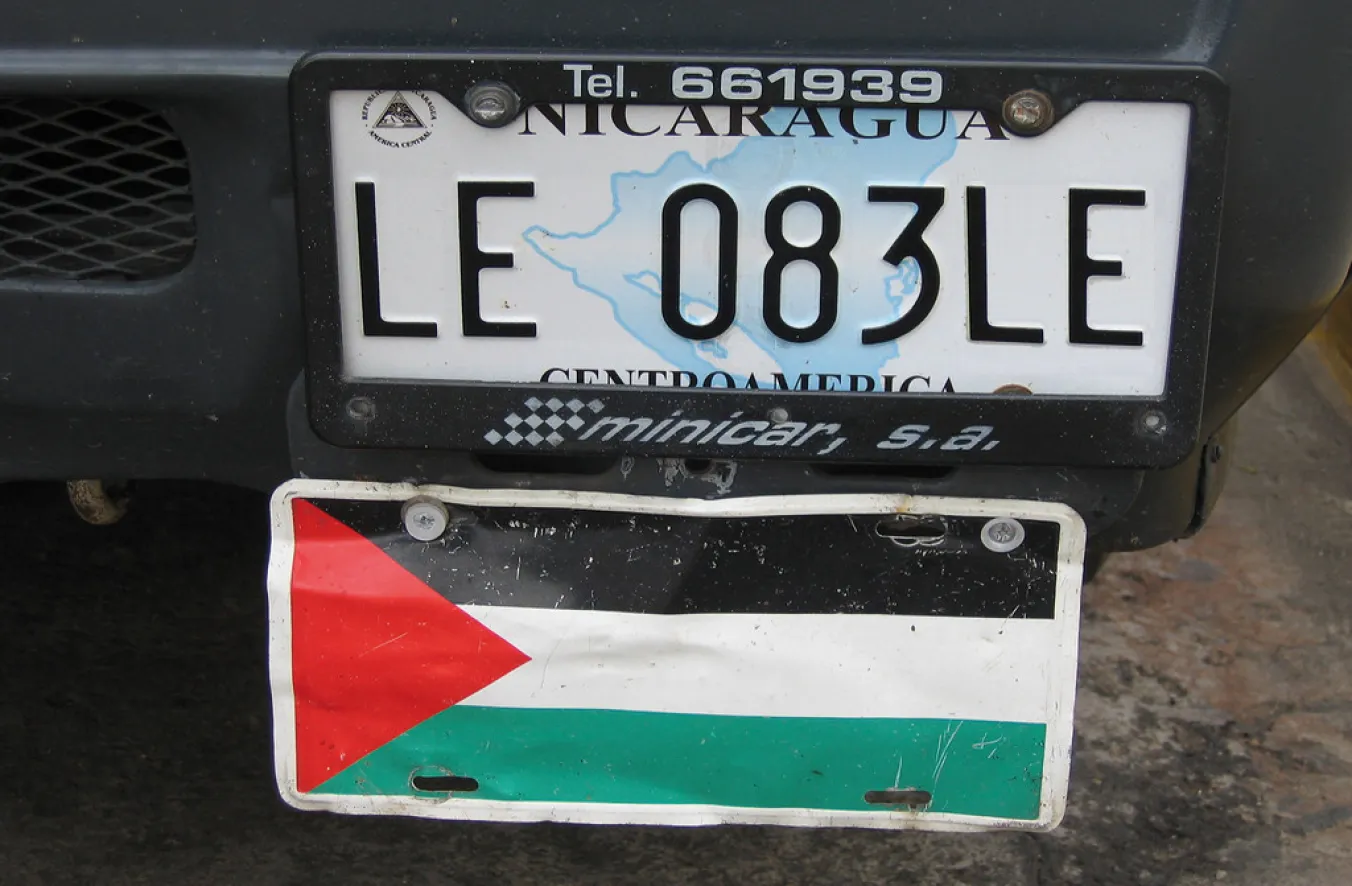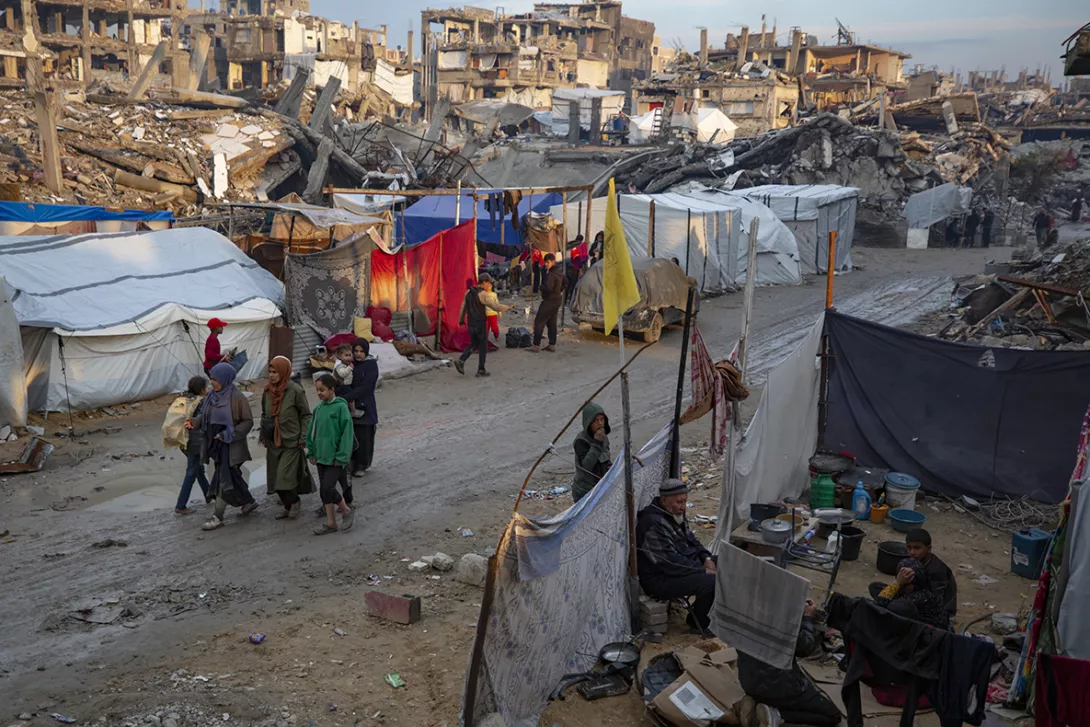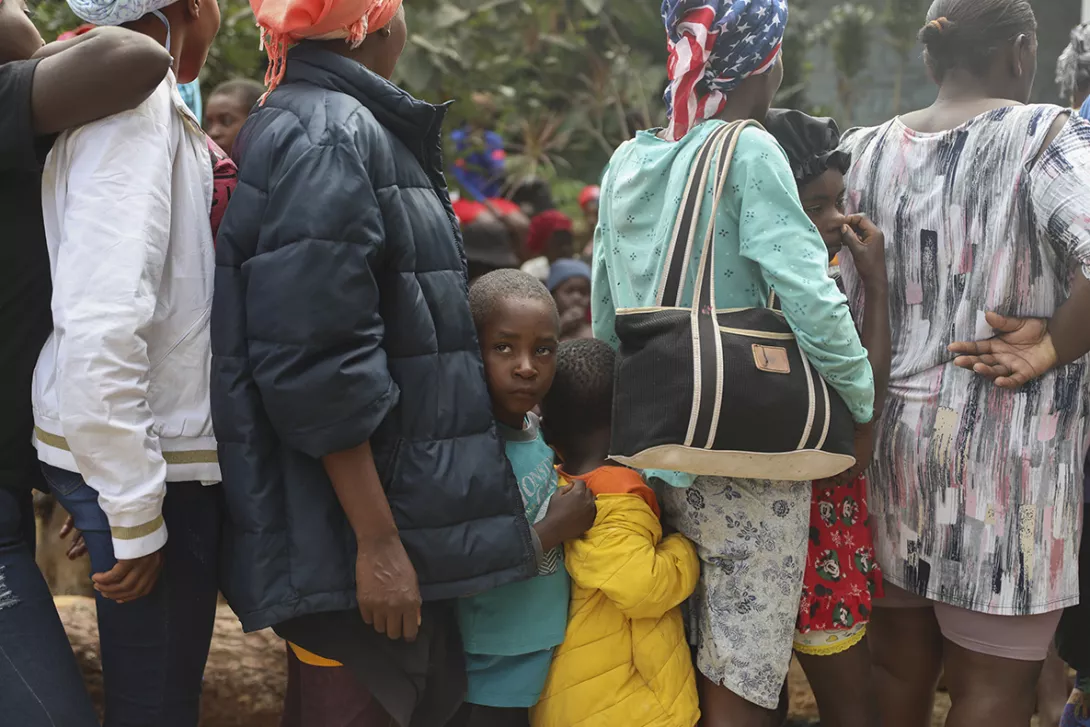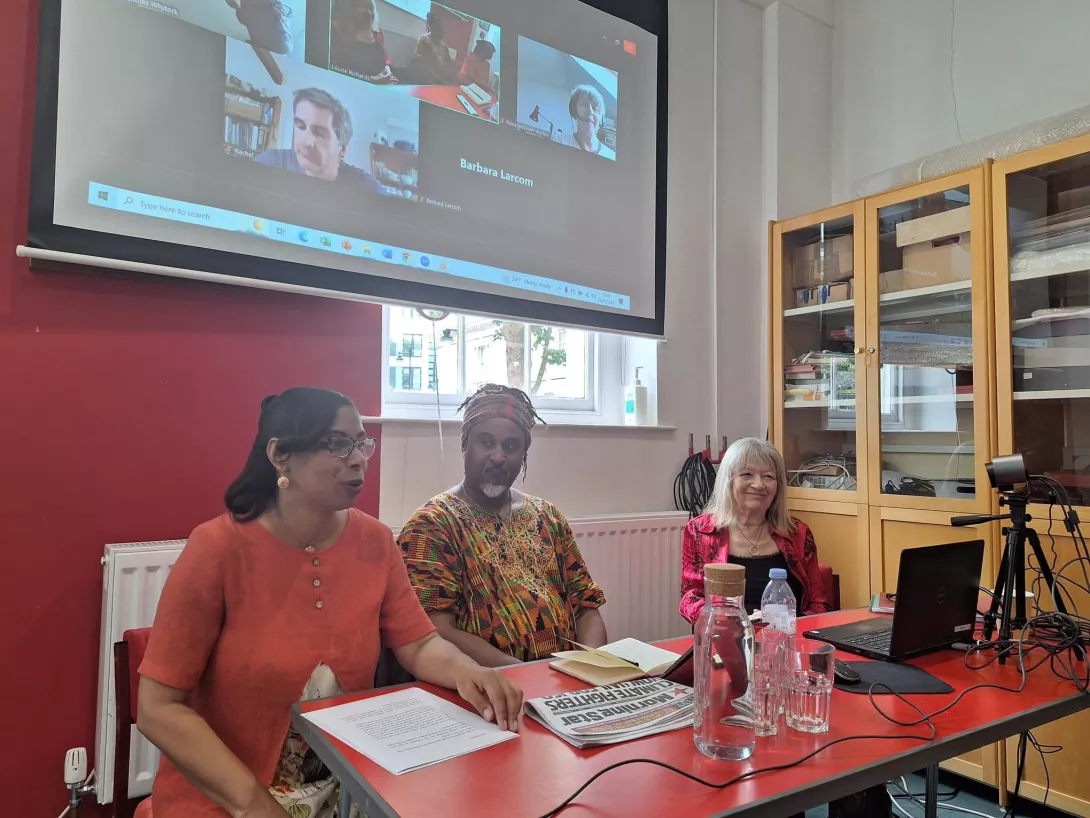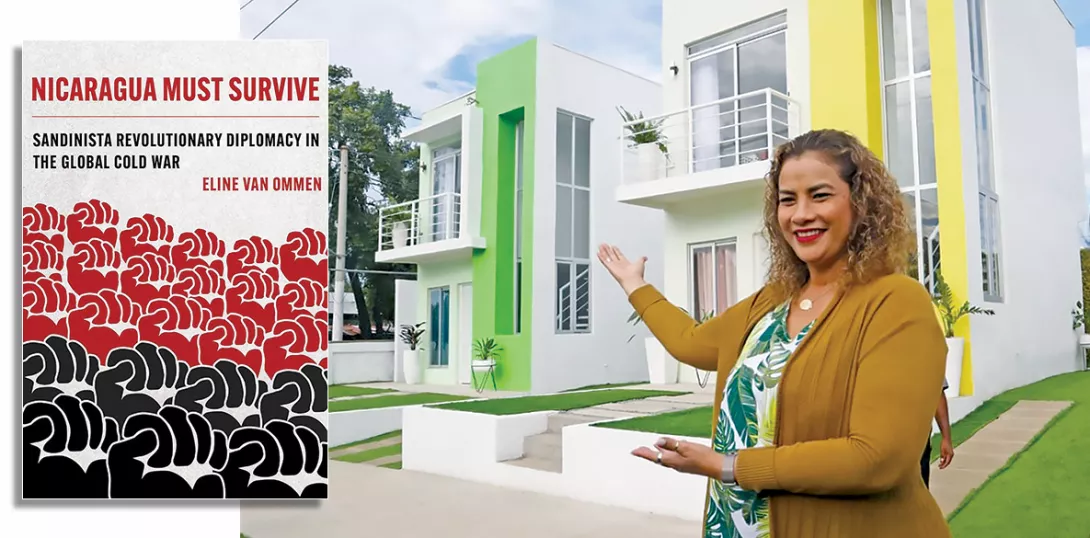
Nicaragua Must Survive: Sandinista Revolutionary Diplomacy in the Global Cold War
Eline Van Ommen
University of California Press, £25
NICARAGUA Must Survive makes the important point that not all innovative organising or political strategies have to be designed and birthed by some North American all-knowing, slick-talking guru. In what is one of the best books I have read on organising, Eline Van Ommen, a lecturer in Contemporary History at the University of Leeds, celebrates the role played by grassroots organisers in transforming history.
This is a point that is easily overlooked. It is all too easy to cite examples of how professional politicians are the ones who make history rather than the tens of thousands of people who share a common cause and are willing to put themselves on the line to bring about change or, as in Nicaragua, winning and securing a revolution.
The professional politicians obviously played a role in Nicaragua but the book shows how the strategies to transform this small country of just over six million people was largely driven from the grassroots.

